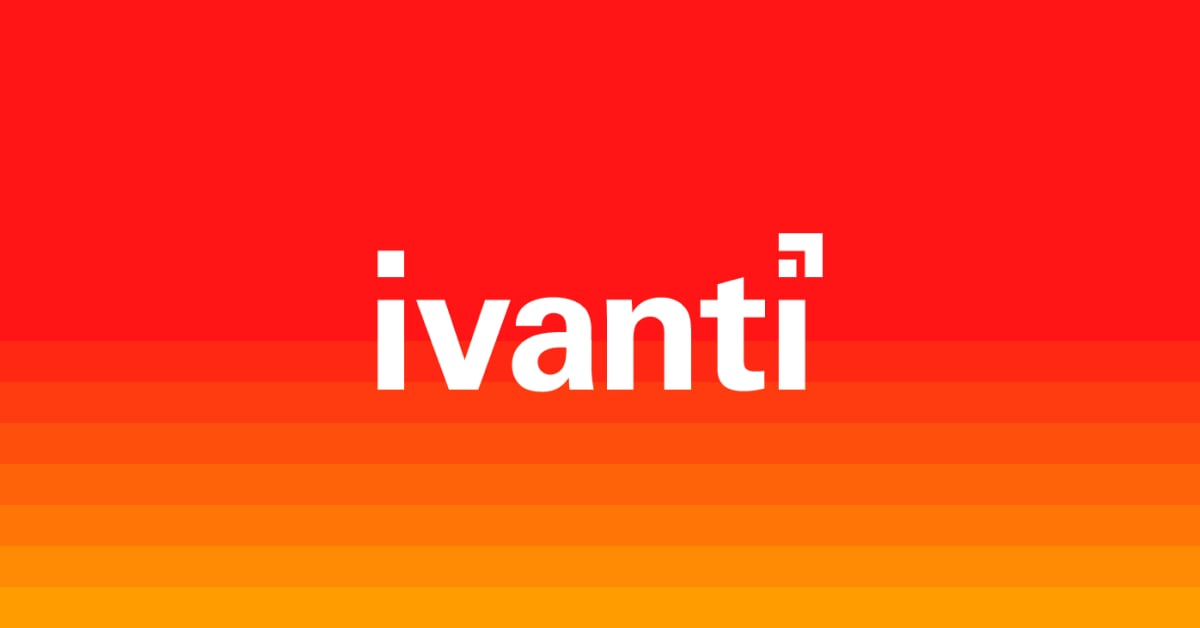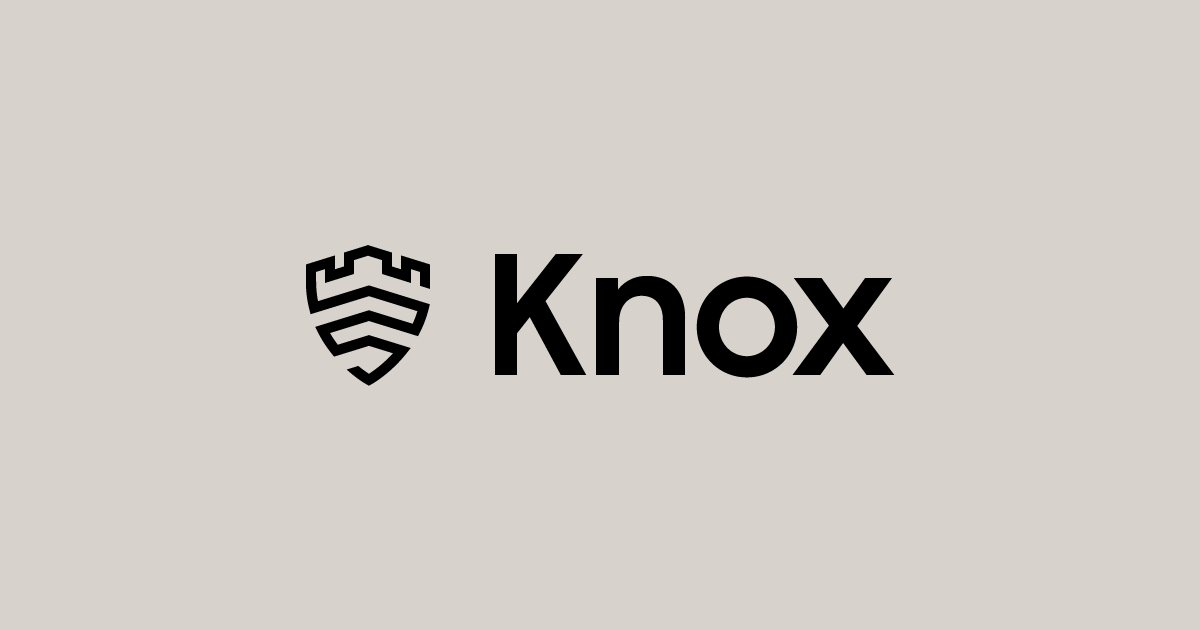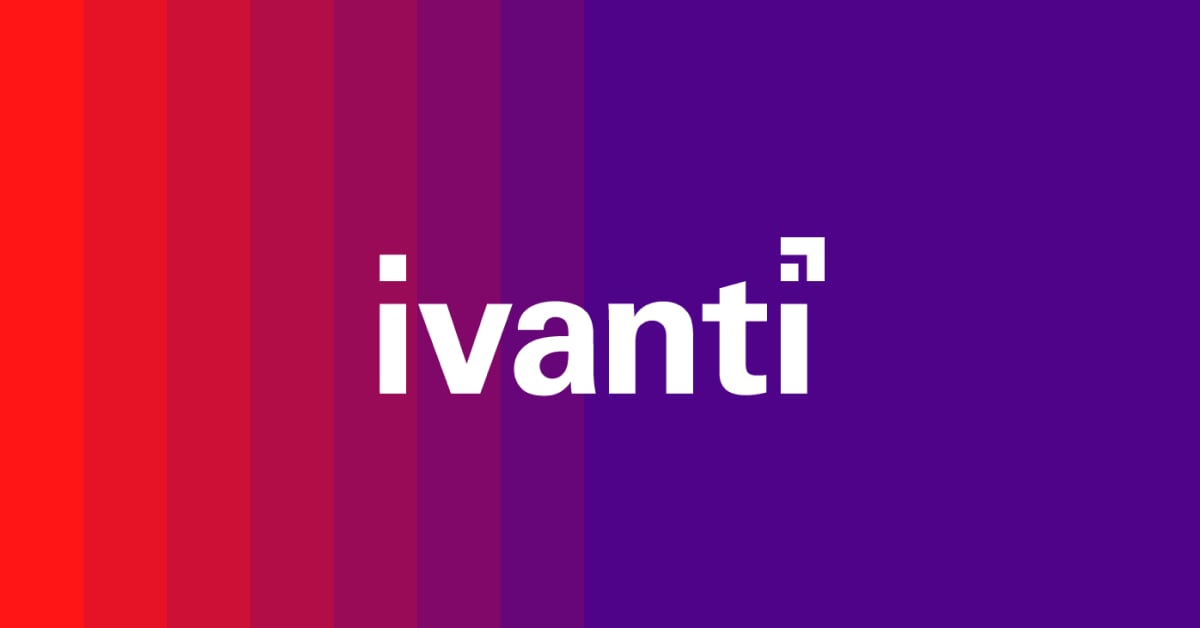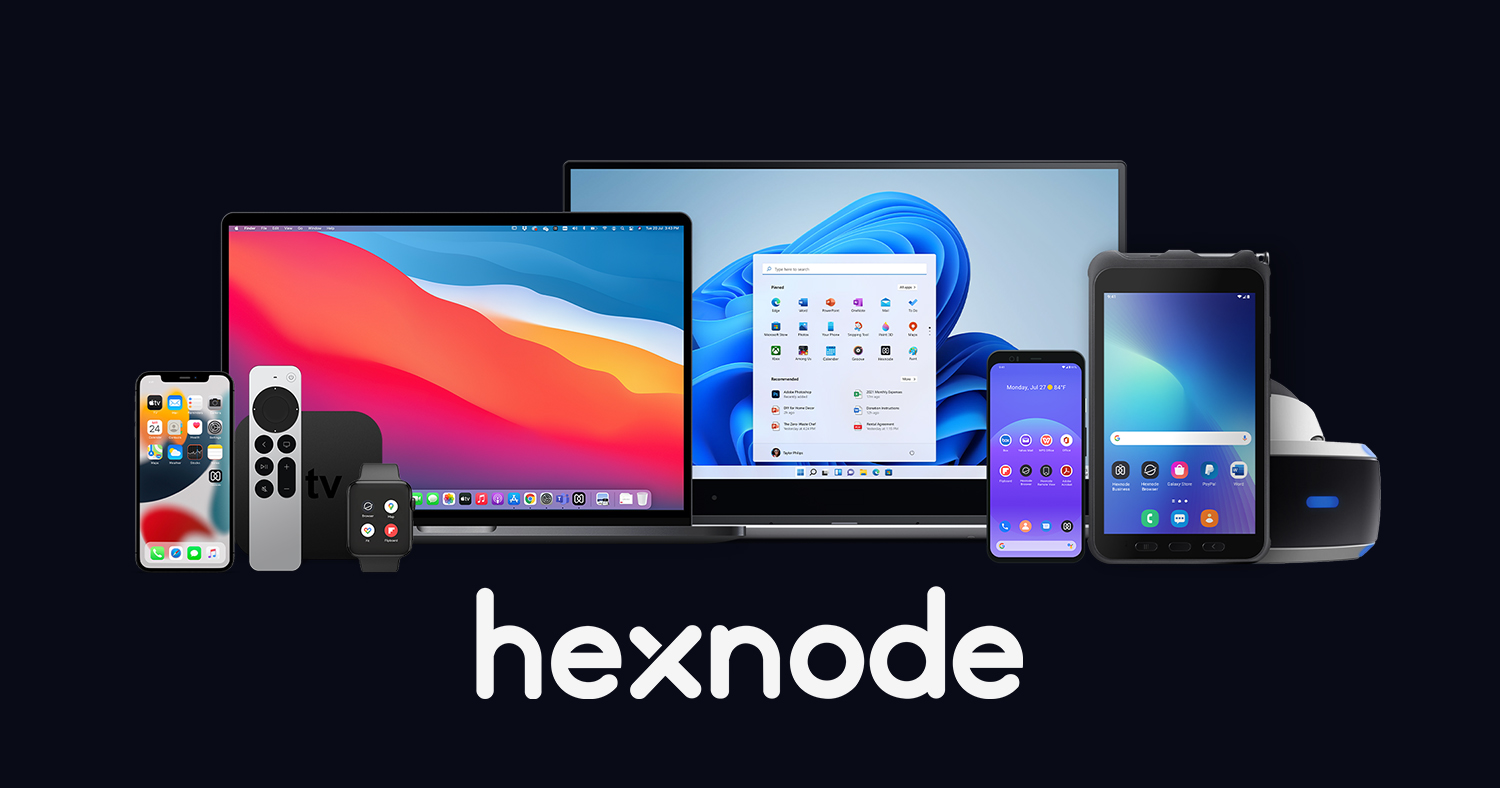Introduction
As more employees rely on personal and company-owned mobile devices for work, having an effective mobile device management (MDM) solution in place is critical for maintaining security and control. However, with over 100 MDM providers on the market, choosing the right one can feel overwhelming. This guide analyzes the leading MDM platforms based on employee and device support, security controls, manageability, pricing and other key considerations to help you narrow it down to the top options for your organization in 2023.
Methods of Evaluation
We evaluated each MDM provider based on platform capabilities, supported operating systems, encryption and authentication methods, policy enforcement, reporting tools, and pricing. Additionally, we factored in third-party metrics like the number of backlinks, monthly website traffic, and keyword search trends to help determine which vendors have the strongest online presence and mindshare.
1. IBM MaaS360
IBM MaaS360 is a leading mobile device management (MDM) software that gives organizations strong control and security over corporate-owned and BYO devices. As part of the IBM MaaS360 portfolio, it provides a unified endpoint management platform for all types of endpoints including IoT and OT devices.
Pros: Key advantages of IBM MaaS360 include custom app wrapping and mobile threat protection, a strong SSO and identity management layer, and flexible deployment options including private cloud.
Cons: One potential disadvantage is that as an enterprise solution, IBM MaaS360 may be overkill for some small businesses and less feature-rich than other lower-cost MDM options.
Pricing: Pricing for IBM MaaS360 depends on the number of devices to be managed and additional modules required. It is available via annual subscriptions starting around $3-5 per device per month for basic MDM capabilities.
Some key stats about IBM MaaS360 include: Manages over 150 million devices globally, used by thousands of organizations across industries, integrated identity and access management solutions, flexible deployment options both on-premise and in the cloud.
2. AirWatch
AirWatch is an enterprise mobility management (EMM) solution from VMware that helps organizations securely manage and protect any device, operating system or users. As one of the leading MDM solutions on the market, AirWatch provides comprehensive device, application and policy management capabilities for true hybrid IT environments.
Pros: Some key advantages of AirWatch include:
– Helps organizations securely manage and protect any device, OS, or users in a true hybrid IT environment
– Offers comprehensive policy and application management capabilities
– Integrates with a wide variety of EMM platforms like Intune, Workspace ONE etc
Cons: One potential disadvantage is that as an enterprise solution, AirWatch may be overkill for some small to medium-sized businesses and have more features than needed.
Pricing: AirWatch pricing is customized based on number of devices managed and support/services required. Generally, pricing starts at around $36 per user/device per year for basic EMM capabilities.
Some key stats about AirWatch include:
– Manages over 20 million devices globally
– Used by over 20,000 organizations worldwide
– Integrates with over 50 different mobile apps and platforms
– Supports all major mobile platforms including iOS, Android, Windows etc.
3. SAP Afaria
SAP Afaria is a leading mobile device management (MDM) solution from SAP, one of the largest and most well-known enterprise software companies in the world. SAP Afaria allows companies to centrally secure, manage and support various mobile devices, laptops and desktops that access business data and applications.
Pros: The main advantages of SAP Afaria include: robust device security and policy management capabilities; strong enterprise grade support and scalability; tight integration with SAP applications and business processes; single solution for managing both mobile and non-mobile endpoints.
Cons: One potential disadvantage is that SAP Afaria is targeted more towards large enterprise customers already using SAP solutions due to its tighter ecosystem integration and higher pricing compared to standalone MDM options.
Pricing: SAP Afaria pricing is based on the number of managed devices. It typically starts at $35-50 per device for the basic MDM functionality. Additional capabilities like application management can raise the per device cost. Volume discounts are available for large device deployments.
Some key stats about SAP Afaria include: supports over 500 device models from all major manufacturers; manages over 10 million devices globally; over 15 years of experience in mobile management; integrates tightly with SAP’s broader portfolio including ERP solutions.
4. Symantec Endpoint Management
Symantec Endpoint Management, formerly known as Symantec Endpoint Protection, is an endpoint management and protection solution from cyber security leader Symantec. It provides comprehensive unified endpoint management, powerful security and compliance capabilities, as well as enterprise-grade features to meet today’s complex IT challenges.
Pros: Some key advantages of Symantec Endpoint Management include its comprehensive unified endpoint management platform, strong security and compliance capabilities, and enterprise-grade features. It offers features like endpoint detection and response, automated remediation workflows, data loss prevention, vulnerability assessment, and patch management.
Cons: A potential disadvantage is that as an enterprise solution, Symantec Endpoint Management may have more features than needed for some smaller organizations and come with a higher price tag. Extensive configuration may also be required to fully realize the benefits of all its advanced capabilities.
Pricing: Symantec Endpoint Management pricing starts at $45 per agent for the basic endpoint protection plan. Mid-range and premium plans with additional advanced features are available and typically cost between $60-$80 per agent. Volume discounts are also offered for large deployment sizes.
Some key stats about Symantec Endpoint Management include: it manages over 50 million endpoints worldwide, detects an average of 600,000 new malware threats per day, and protects data for over 25,000 organizations across the globe.
5. Sophos Mobile
Sophos Mobile is a leading mobile device management (MDM) software developed by Sophos, a global leader in cybersecurity. Sophos Mobile helps organizations securely manage iOS, Android, macOS and Windows devices from a single cloud-based console. It provides complete visibility and control over devices, apps and content while protecting devices and data from the latest mobile threats.
Pros: Some key advantages of Sophos Mobile include:
– Built on Sophos Mobile Security platform for comprehensive device, app and network security
– Broad platform support for iOS, Android, macOS and Windows devices
– Simple to deploy, use and manage through an intuitive cloud-based console
– Enforces security policies and detects threats across devices and applications
– Provides flexible options for app distribution and remote management
Cons: One potential disadvantage is that the premium tier pricing may be higher than some other MDM solutions for larger deployments with thousands of devices.
Pricing: Sophos Mobile is available in Standard and Premium tiers. Pricing starts at $2.50/device/month for Standard and $4/device/month for Premium. Volume discounts are available for deployments with over 500 devices.
Some key stats about Sophos Mobile include:
– Supports over 500,000 managed mobile devices
– Used by organizations in over 150 countries worldwide
– Over 20 years of experience in endpoint security
– Consistently receives high customer satisfaction ratings
6. BlackBerry
BlackBerry is a leading provider of intelligent security software and services. Founded in 1984, BlackBerry has long been known for its secure communication technologies and is now focused on cybersecurity and the Internet of Things. With its acquisition of Cylance in 2019, BlackBerry has incorporated artificial intelligence and machine learning into its solution.
Pros: Some key advantages of BlackBerry’s security products include:
– Renowned for security with encryption technologies and application containers
– Long history of supporting sensitive government and defense deployments requiring high security
– Customizable dashboard and reporting for visibility into threats and compliance
Cons: One potential disadvantage is the solution may have a somewhat steeper learning curve compared to other options due to its depth of features and customization options.
Pricing: BlackBerry offers both perpetual and subscription licensing models. Pricing varies based on the size of the organization, number of seats, and specific product suite but generally starts around $60 per user annually for endpoint protection solutions.
Some key stats about BlackBerry’s security product portfolio:
– Protects over 500M endpoints globally
– Has over 60,000 customers worldwide
– Over 25 years of experience in security, encryption, and government certifications
7. ManageEngine Mobile Device Manager Plus
ManageEngine Mobile Device Manager Plus is a cross-platform mobile device management (MDM) solution from ManageEngine. As an MDM solution, Mobile Device Manager Plus allows IT administrators to centrally manage and secure corporate-owned and BYO mobile devices including iOS, Android, Windows, and MacOS devices from a single console.
Pros: Key advantages of ManageEngine Mobile Device Manager Plus include: cross-platform device management capabilities, robust reporting and analytics, cost-effective pricing plans, remote wipe and lock capabilities, application management features, and advanced compliance rules.
Cons: A potential disadvantage is that like most MDM solutions, it requires some upfront setup and configuration to fully utilize all of its features.
Pricing: Pricing starts from $2 per device per month for the basic edition and scales up based on additional features and number of devices managed.
Some key stats about ManageEngine Mobile Device Manager Plus include: compatible with over 500+ devices and supports the latest iOS, Android, Windows, and MacOS versions; manages up to 5000 devices; features rich out-of-the-box reports and analytics.
8. Ivanti Manage
Ivanti Manage, formerly Mobile Iron, is an MDM software developed by Ivanti. It provides comprehensive mobile device, application, and security management for iOS, Android, macOS and Windows devices from a single console. Ivanti Manage allows organizations to securely deploy, update and retire devices from anywhere.
Pros: Some key advantages of Ivanti Manage include: - Cross-platform client management for iOS, Android, macOS and Windows from a single console - Robust application and patch management capabilities to deploy apps and updates seamlessly - Tight integration with the broader Ivanti portfolio of endpoint management and security products
Cons: One potential disadvantage is that the pricing can be relatively expensive for very large device deployments compared to some other MDM solutions.
Pricing: Ivanti Manage pricing is based on the number of devices under management. It starts from $3 per device per month for essential edition up to $5.5 per device per month for premium edition. Volume discounts are available for large deployments.
Some key stats about Ivanti Manage include: - Supports over 1 million managed devices - Used by over 9,000 customers worldwide including large enterprises - Integrates with over 25 AI and security vendors like ServiceNow, Proofpoint and more - Over 15 years of experience in mobile security and management
9. Jamf
Jamf is one of the leading Apple device management software providers. Founded in 2002, Jamf helps organizations deploy and manage Apple products including Macs, iPads, and iPhones at scale. With over 30,000 customers worldwide, Jamf has become the standard for Apple device management in education and business environments.
Pros: Some key advantages of Jamf include:
– Leader in Apple device management out of the box with deep integration and support for all Apple enrollment and management tools.
– Intuitive and easy to use dashboard and policy designer even for non-technical administrators.
– Robust device deployment and enrollment options including Apple’s own DEP and auto-enrollment.
Cons: One potential disadvantage is that Jamf focuses exclusively on Apple devices only, so it may not be the right choice for organizations with a mixed environment of Apple and non-Apple devices.
Pricing: Jamf offers flexible pricing plans starting from $2.50 per device per month for the basic Essentials plan up to $8 per device per month for the highest tier Pro plan. Volume discounts are available for large deployments. There is also an option to purchase permanent licenses.
Some key stats about Jamf include:
– Manages over 22 million Apple devices globally
– Supported over 150,000 deployments
– Used by 87% of the Fortune 500
– Named a leader in the Gartner Magic Quadrant for Unified Endpoint Management tools
10. WorkPlace from Facebook
WorkPlace from Facebook is a mobile device management (MDM) software that allows companies to securely manage company-owned devices and securely access internal company information and tools. It was originally created by Facebook to manage its own internal devices and workflows but is now available for other businesses as well.
Pros: Some key advantages of WorkPlace include:
– Purpose-built for strong enterprise security and privacy
– Deep integration with other Facebook business tools like pages, events, groups etc.
– Device agnostic mobile management allows control from any device
– Strong file sharing and content collaboration capabilities
Cons: One potential disadvantage is reliance on Facebook ecosystem which may not be suitable for all businesses
Pricing: WorkPlace offers various pricing tiers starting from a free basic plan for up to 50 users. Paid plans range from $4 per user per month for essentials to $8 per user per month for standard to $12 per user per month for advanced.
Some key stats about WorkPlace include:
– Used internally by Facebook to manage over 45,000 company-owned devices
– Available in over 190 countries
– Supports both Android and iOS devices
– Over 30,000 companies currently use WorkPlace
11. Samsung Knox
Samsung Knox is a mobile device management (MDM) and security platform developed by Samsung specifically for Samsung mobile devices. As the platform is built directly into Samsung’s latest smartphones and tablets, Knox provides tighter integration with the underlying hardware for better security than third-party MDM solutions.
Pros: Some key advantages of Samsung Knox include: deeper integration with Samsung hardware for tighter security, it is purpose-built specifically for Samsung devices so offers more optimized protection, and provides a full security platform across device management, network security and apps rather than focusing on just one area.
Cons: As Knox is designed specifically for Samsung devices, it does not support non-Samsung mobile devices like iPhones or devices from other Android manufacturers which limits its use to organizations with mostly or all Samsung fleets.
Pricing: Samsung Knox pricing varies depending on the edition (Standard or Professional) and number of devices but starting plans begin at around $3 per user per month for the Standard edition up to $7.50 per user per month for the Professional edition.
Some key stats and features of Samsung Knox include: supports over 1 billion active Samsung devices globally, provides protection from the moment the device is powered on through its hardware rooted security, offers comprehensive security across device, network and apps through its multiple layers of defenses.
12. MobileIron
MobileIron is a leading unified endpoint management (UEM) and zero trust security vendor for mobile devices, PCs, and Macs. Founded in 2007, MobileIron has its headquarters in Silicon Valley and serves thousands of organizations globally across all industries. MobileIron aims to deliver a simple and secure experience for today’s distributed hybrid workforce.
Pros: Some key advantages of MobileIron include:
– Strong app wrapping and containerization capabilities to isolate work apps and data
– Robust certificate management features for device identity and authentication
– Extensive policy-based controls for configuration, application access, and security settings
Cons: One potential disadvantage is that MobileIron has a relatively complex pricing model with various modules and add-ons available. Administrators may find it difficult to get an accurate total cost of ownership number.
Pricing: MobileIron offers a variety of pricing plans including subscription and perpetual licenses. Pricing is based on the number of managed devices and the specific features and modules needed. It is recommended to contact a MobileIron sales representative for an exact quote tailored to your organization’s requirements.
Some key facts about MobileIron include:
– Serves over 17,000 customers worldwide
– Manages over 20 million devices
– Rated a leader in the Gartner Magic Quadrant for Unified Endpoint Management for seven consecutive years
13. Centrify
Centrify, now known as Delinea, is a leader in Privileged Access Management (PAM) and identity-centric security. Their flagship product is a unified platform that provides zero-trust network access, privileged access management and advanced identity and access management controls. This helps organizations adopt a least privileged model to securely provision, manage, monitor and audit privileged access and secrets across hybrid IT environments.
Pros: Some of the key advantages of Centrify include:
– Zero-trust network access focused platform
– Privileged access management and SSH replacement
– Advanced identity and access controls
– Well-suited for defense and government agencies requiring high security and compliance
Cons: One potential disadvantage is that Centrify’s platform is more suited for large enterprises with substantial UNIX/Linux environments rather than purely Windows-based shops.
Pricing: Centrify offers flexible licensing based on identities/systems managed. Pricing starts from $7 per user or endpoint for basic access. Enterprise bundles with additional features start at $15 per unit. On-premises installation, support and air-gapped options are also available.
Some key stats about Centrify include:
– Over 5000 customers globally across all major industries
– Protects over 10 million user identities
– Manages privileged access for over 500,000 UNIX, Linux and Windows systems
14. SOTI MobiControl
SOTI MobiControl is an award-winning mobile application, desktop and device management solution developed by SOTI. It provides complete visibility and control of all mobile and desktop devices as well as applications across any network from a single console.
Pros: Key advantages of SOTI MobiControl include: Device diagnostics and remote support functionality, Multi-OS support across desktops, laptops and mobility, Robust MAM and containerization options, Flexible deployment options including cloud, on-premise or hybrid.
Cons: A potential disadvantage is that as an enterprise solution, SOTI MobiControl may have a higher upfront cost and learning curve compared to some basic MDM solutions.
Pricing: SOTI MobiControl pricing starts at $25 per device per year for basic MDM functionality. Additional features like application management, single sign-on, and advanced security controls are available in higher tiers starting at $35 per device per year.
Some key stats about SOTI MobiControl include: Supports over 1 million devices, Available in over 100 countries, Protects data on over 3 billion smartphones annually, 99.9% uptime SLA.
15. Hexnode
Hexnode is a leading provider of unified endpoint management (UEM) solutions. As an MDM software, Hexnode provides a comprehensive platform to centrally secure, manage and monitor corporate-owned as well as BYO mobile devices, laptops and desktops across various operating systems from a single console. Founded in 2014, Hexnode is based out of Chennai, India and serves over 2500+ customers worldwide including names like Ericsson, Deloitte, Domino’s, MakeMyTrip and BookMyShow.
Pros: Some key advantages of Hexnode include:
– Streamlined mobile application management
– End-to-end mobile security solution including real-time threat detection and remediation
– Affordable pricing plans starting from $2.5/device/month
Cons: Limited support for customizing security policies and profiles as compared to some advanced/enterprise-grade MDM solutions
Pricing: Hexnode offers flexible pricing plans starting from $2.5/device/month for their basic Secure plan to $5/device/month for their Premium plan. Volume-based discounts are also available for enterprises.
Some key stats about Hexnode include:
– Manages over 5 million devices globally
– Supports management and security of iOS, Android, macOS, Windows and Chrome OS devices
– ISO 27001 certified for security practices
– Named a leader in unified endpoint management by technology research firm Info-Tech Research Group
Conclusion
While every organization has different needs, the platforms evaluated here represent some of the strongest, most full-featured MDM options on the market suitable for businesses of all sizes. By considering your budget, security requirements, deployment type and other unique priorities, reviewing all the details provided should help you select the solution that best meets your mobile management goals in the year ahead.















